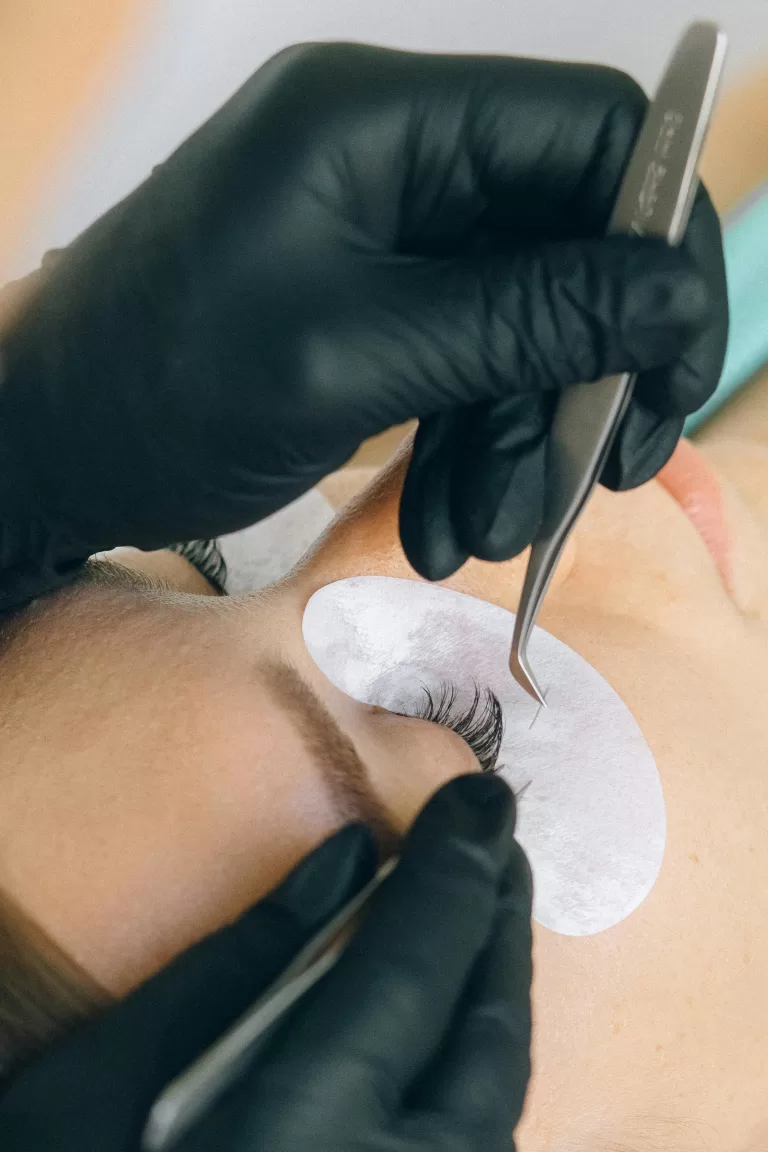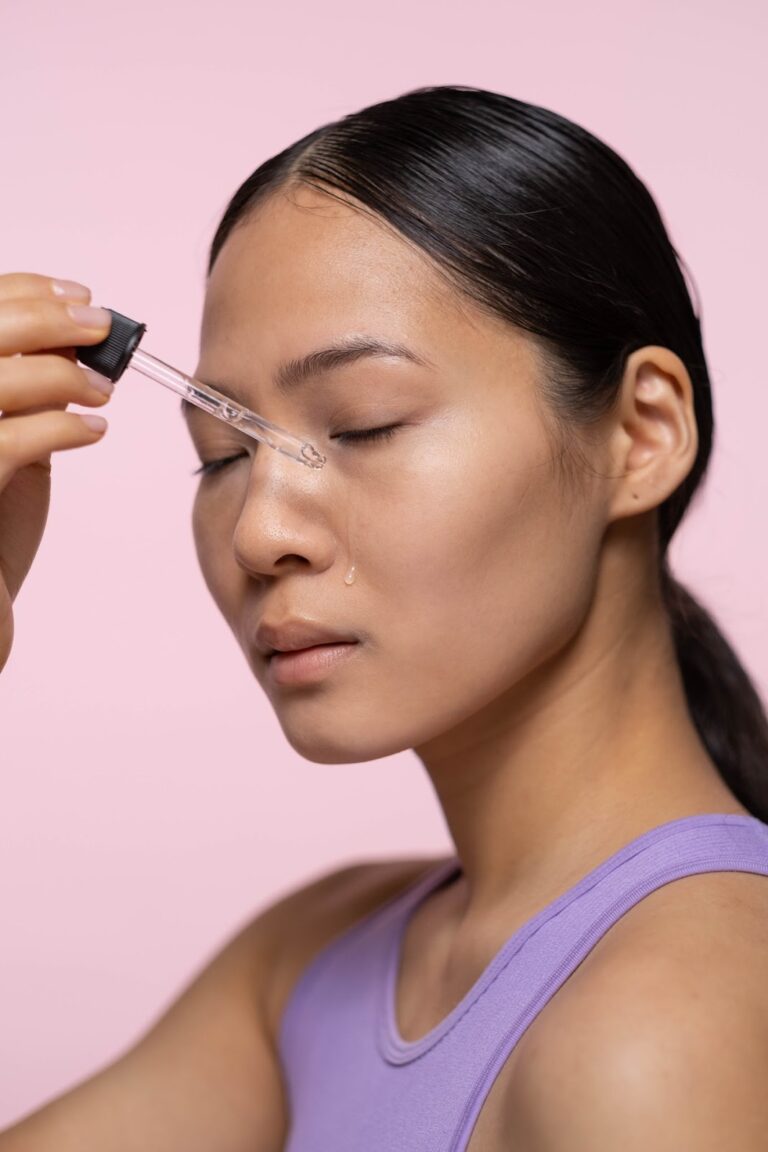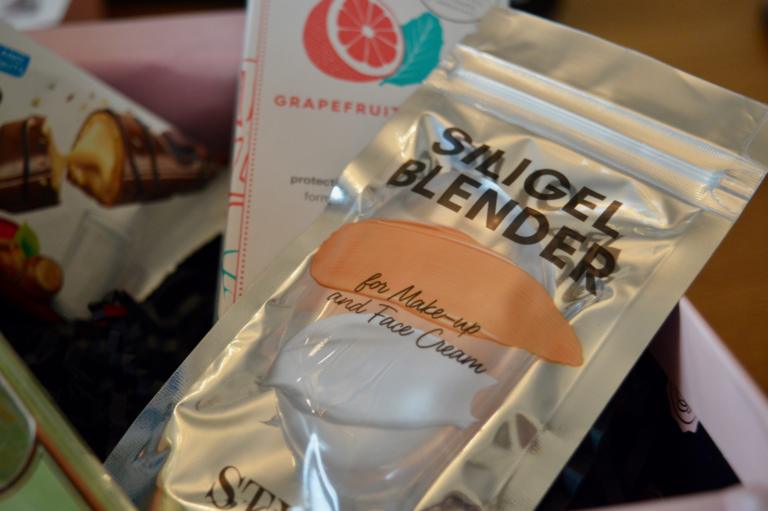8 Easy Hygiene Tips Every Woman Should Know
We know that your life changed after trying the newest vee cleanse pills, but we think you should be aware of some of the coolest hygiene tips, too! When it comes to vaginal hygiene, you simply do not hear too many women talking about the dos and don’ts that everyone should know. And why is that happening?
Oftentimes, society keeps setting standards for us. This is one of the reasons why people are avoiding subjects like vaginal health, odour, discharge. Although all these are normal and happen to everyone, society wants you to think that your vagina should smell like lilies and roses.
And that is wrong! A correct vaginal hygiene routine is extremely important for your reproductive tract! To avoid serious complications that could come with a poor hygiene routine, we have compiled a list of some of the most important dos and don’ts when it comes to vaginal health!
Let us delve deeper and check them out!
8 Easy Hygiene Tips Every Woman Should Know
The underwear’s material is important!
We know you love that cute, sexy lace and shiny materials, but they do not let your skin breathe. Add this up with not wiping after urinating and you got yourself a bacterial infection!
These infections can lead to vaginal itching and inflammation.
Experts recommend always wiping using a soft cloth or toilet paper. And when it comes to undergarments, they advise us to look for natural material underwear, such as cotton underwear. In case of itching, you can use natural over-the-counter vaginal itch relief ointments and medications to treat them.
Also, experts recommend avoiding the use of talcum or other powders that can cause vaginal dryness. In the long run, these products have been proven to increase the risk of endometrial cancer.
Don’t forget to change your pad!
First things first, there is a lot of evidence as to why you should switch to using pads instead of tampons, one of the most important being that using a pad reduces the risk of toxic shock syndrome to zero.
Even if you are using a pad or a tampon, it is extremely important to change it every 4 hours. It does not matter if your flow is normal of light, you should change the menstrual products every 4 hours. If your flow is heavy, then you should consider changing them even sooner.
Not changing your sanitary pads or tampons can lead up to bad odour, bacterial infections, or rashes on your sensitive skin. If you’re using a menstrual cup or cloth pads, make sure you have cleaned them and dried them properly before use.
Showering after intercourse is a must!
If you wonder why does your vagina smell after sex, you should know that intercourse involves a lot of lubricants, natural or not. There are a lot of bodily fluids mixing and not even the use of condoms could spare you from irritation or other serious complications. Fluids and particles from the lube used in the fabrication of the condom can cause a skin rash or irritation.
Those are the reasons why you should not skip showering after having sex. You will also decrease the chances of getting a vaginal infection or a UTI.
Scented soap is a big no-no!
Scented soap is the number one reason why women have been complaining about unpleasant vaginal odor or vaginal infections, and some of them don’t even know it! Although that soap might smell nice, when it touches your sensitive skin, it leaves a trace of perfume. Since the vaginal pH is slightly acidic, the perfume breaks down to other compounds that make you prone to developing yeast infections and do not smell pleasant at all!
Using warm water and unscented soap to rinse the vaginal area should be more than enough!
Don’t ever think about douching!
Sometimes, people might think it is a good idea to insert the water inside the vagina for flushing out secretions and bacteria. Here’s the catch: naturally, the vagina does not need any help to do that; it has a self-cleaning mechanism that flushes out harmful bacteria by itself, and it is pretty effective, too!
By douching, you are inserting harmful substances inside the vagina, which can throw off the pH level from the vaginal environment. Moreover, you are not flushing out all the bad bacteria, you are flushing out the good bacteria, too!
Using feminine hygiene products is optional
We all heard about wet tissues or vaginal sprays being the new cutting-edge products that everyone should use! Get this: for a correct vaginal hygiene routine you will only need warm water and unscented soap. Everything else, as good as it sounds, it’s optional to use!
Don’t choose to shave!
Some specialists do recommend keeping the pubic hair short, as there are many sweat glands in the sensitive area. However, they do not recommend shaving it since it can cause injuries and irritations. The pubic hair protects the vulva from bacterial infections, so having some level of pubic hair is acceptable and understandable!
Using electrical trimmers should do the deed just fine!
Always consult with your doctor!
Untreated bacterial or yeast infections could result in serious complications for the reproductive system. Oftentimes, these medical conditions do not show any symptoms, or their symptoms could be easily confused with something that usually happens during the menstrual cycle.
That’s why you must have regular check-ups with your doctor! By running some blood tests or sample tests, your doctor will immediately know how to treat your medical condition. Do not try any home remedies or off-the-counter medications without checking up with your doctor first!
Some level of vaginal odor is normal, and you don’t need any kind of ointment or treatment for it! It is also important to know what normal means to you when it comes to odor, discharge (amount, color, density). This way, you will know when something is off the hook and you can schedule an appointment with your health care provider for treatment right away!
These were the tips that we thought every woman around the globe should know to keep her body healthy, happy, and strong! Be sure to know your body and do not let society tell you how to live!









